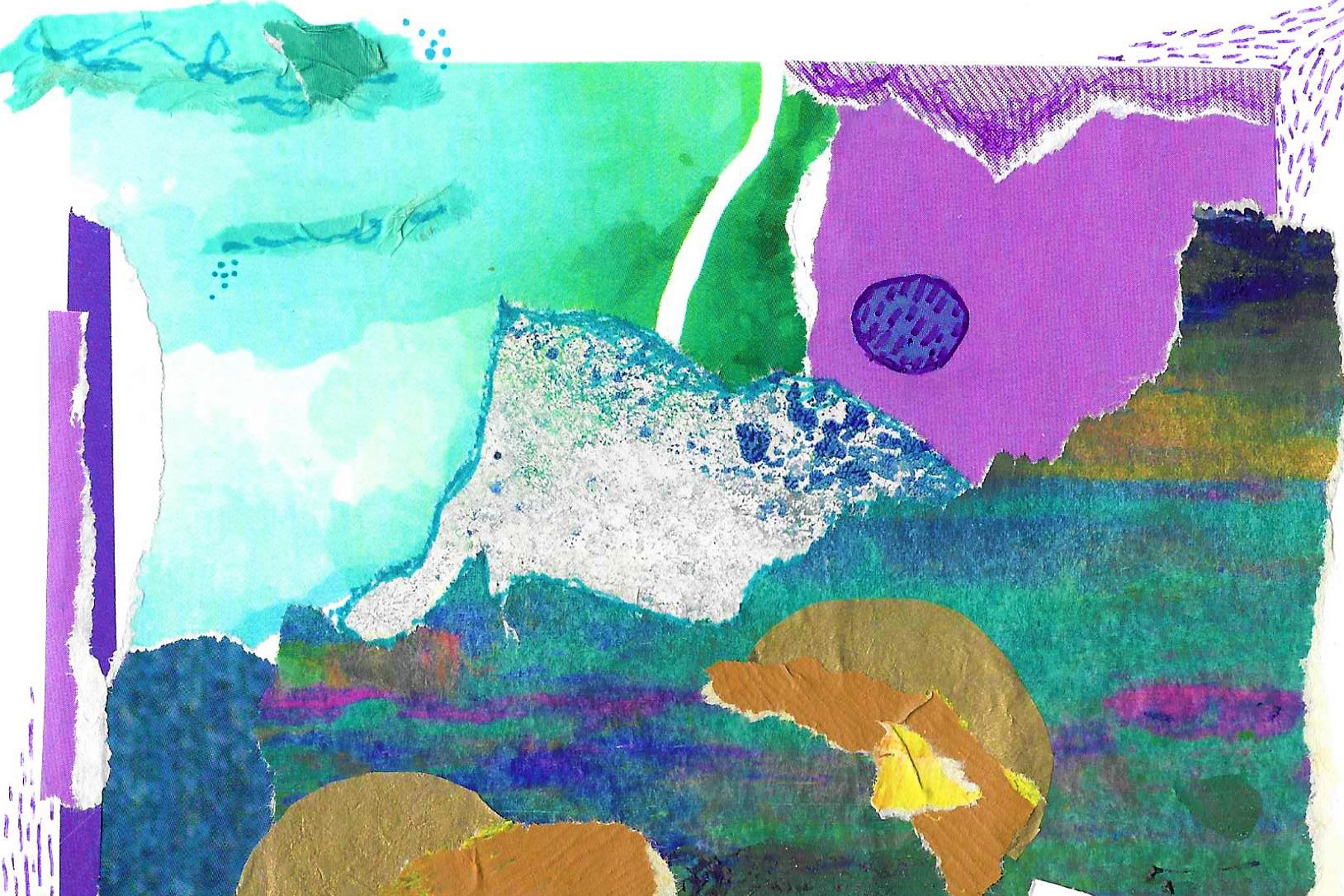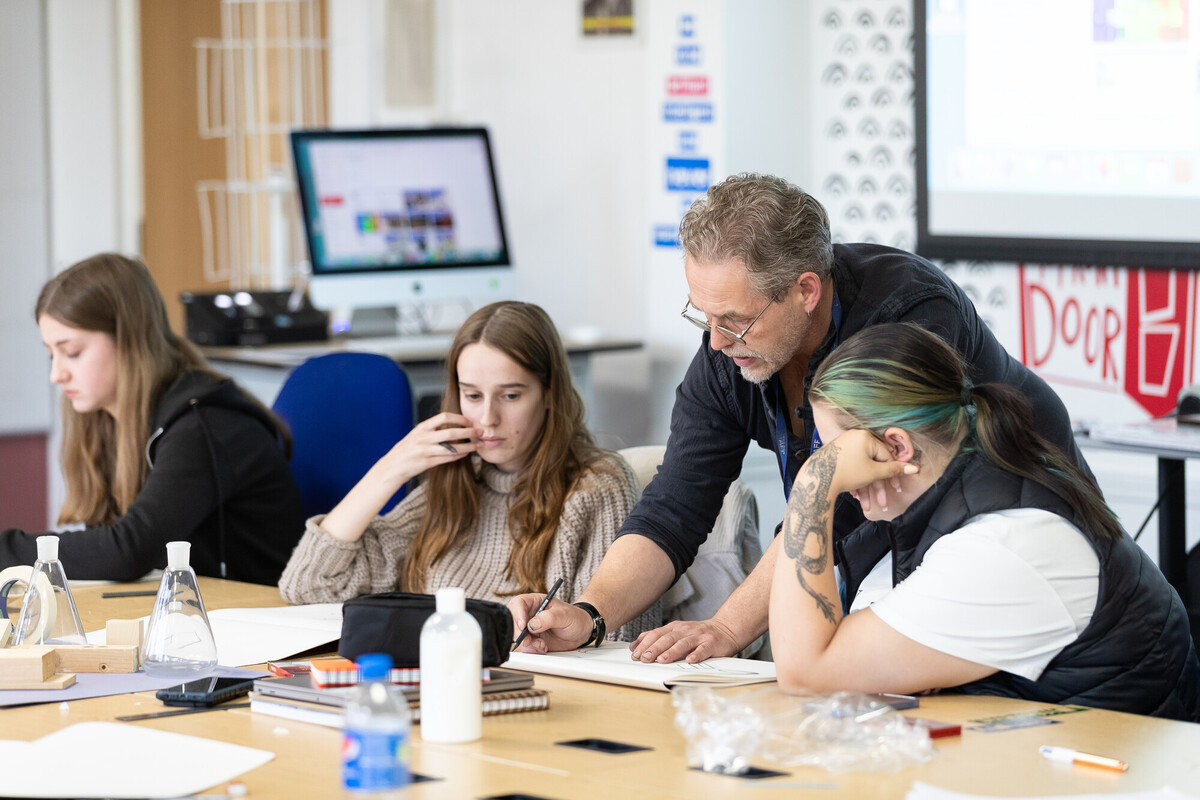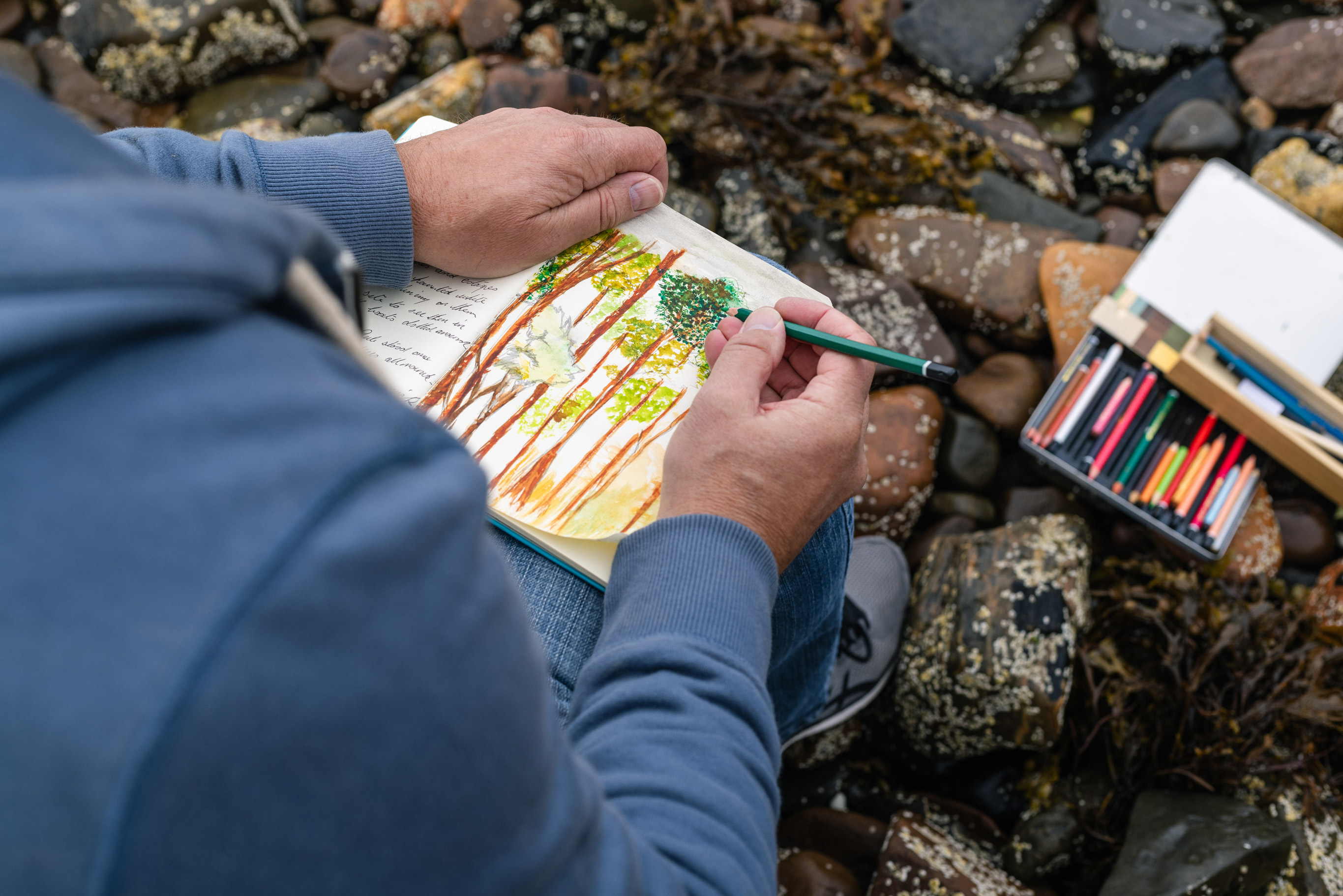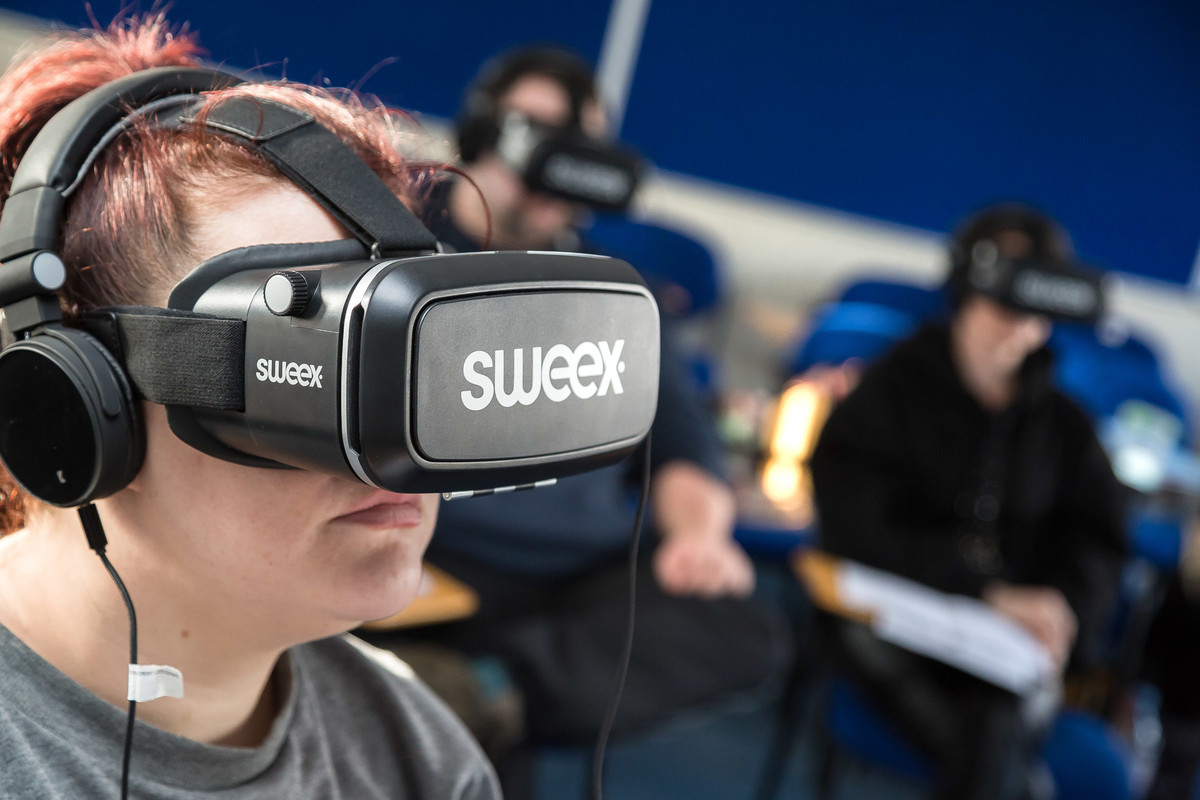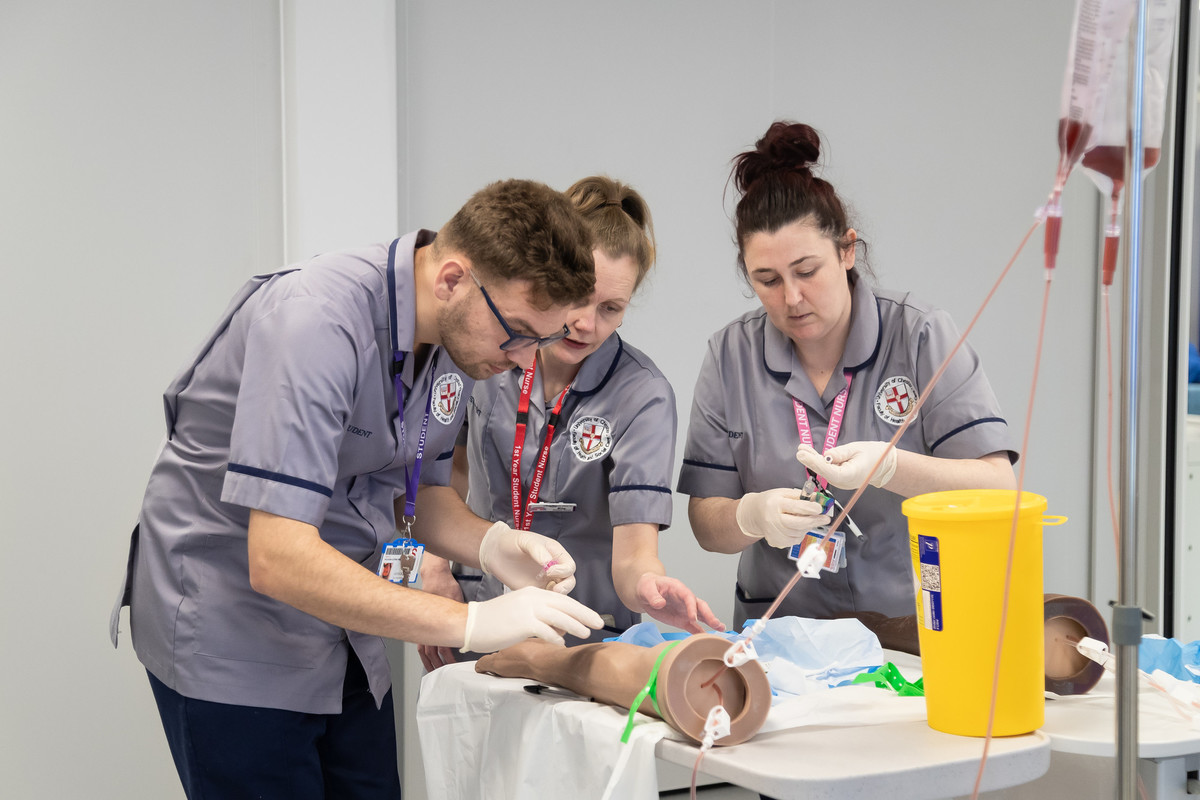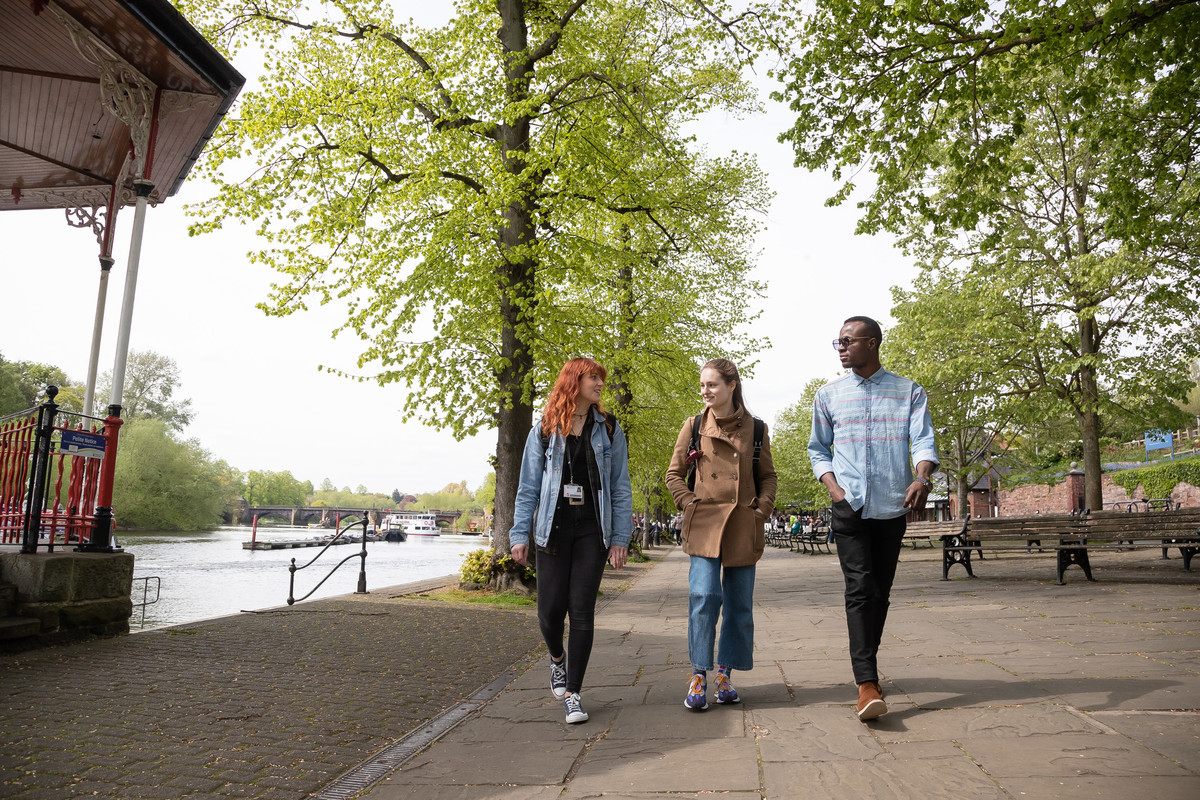- A maturity of personality and self-awareness.
- An undergraduate degree in art and design or other relevant subject.
- A minimum of one year’s work experience (paid or voluntary) within a relevant support/care setting gained prior to the application date. E.g. support work, care work, social work, nursing, teaching, teaching assistant work and wellbeing workshop facilitation. The minimum of one-year work experience must be gained prior to application and at least one year post degree graduation.
- Evidence of a current portfolio or active involvement in art making.
- IELTS Level 7 for students whose first language is not English.
- You will be required to submit a 500-word written piece with the title 'What is Art Therapy?' on application. Your application will not be considered without this. This is to allow you the opportunity to demonstrate your knowledge of the field and your ability to write at Master's degree level.
- A satisfactory occupational health check.
Safeguarding / Suitability
All successful candidates who receive an offer of a place for this course and choose the University of Chester as their Firm choice will be required to undergo checks with regards to their suitability to practice.
A couple of months prior to admission to this course, the University will contact you to request that you complete a self-declaration form detailing any relevant convictions or other information that you believe may have an impact upon your ability to undertake work with children or vulnerable adults. You will also receive instructions on how to complete an online application for a Disclosure and Barring Service (DBS) check through the University as a registered body, there will be a charge for this.
Please note that the University does not accept previous DBS checks from other registered bodies or the update service.
For details about the cost of the DBS and for further information please visit our DBS web pages.
- A maturity of personality and self-awareness.
- An undergraduate degree in art and design or another relevant subject.
- A minimum of one years’ work experience (paid or voluntary) within a relevant care setting gained prior to application.
- Evidence of a current portfolio or active involvement in art making.
- You will be required to submit a 500-word written piece with the title 'What is Art Therapy?' on application. Your application will not be considered without this. This is to allow you the opportunity to demonstrate your knowledge of the field and your ability to write at Master's degree level.
- A satisfactory occupational health check.
See below for your country specific requirements. Please note, some programmes have special entry requirements and if applicable, these are listed below.
English Language Requirements
Please note, applicants whose first language is not English must demonstrate they can meet the following English language criteria for this programme:
- IELTS 6.5 overall (no less than 6.0 in any band).
- TOEFL at 95 overall (min 22 in all areas).
